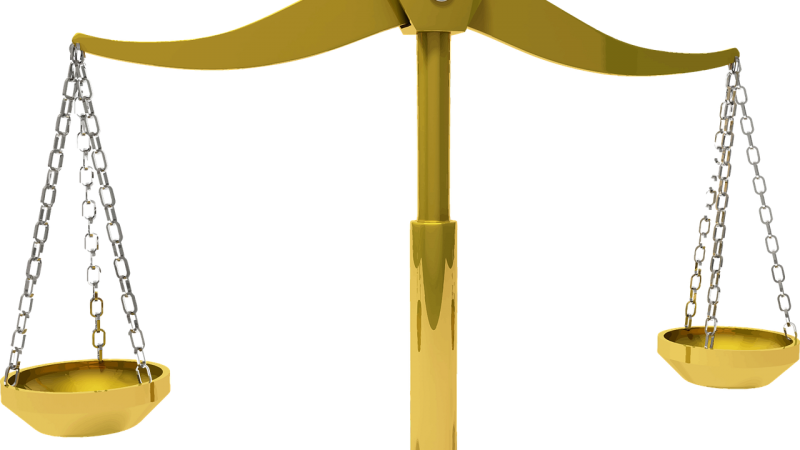Detective
What Does A Detective Do?
Police officers (in general) enforce laws by patrolling particular areas, respond to emergencies, collect evidence related to crimes, and testifying in courts (along with doing many other things). A detective spends more time investigating specific crimes and collecting evidence related to these crimes.
How Do I Become A Detective?
Educational requirements for becoming a police officer may vary by geographic area. A high school diploma or equivalent is required to obtain this position. Graduating from an agency police academy is also often required. Completing a two-year college program or four-year bachelor’s degree in criminal justice or a related field will definitely help one to move up within a police department.
What is the Average Salary For A Detective?
High – 101,000
Median – 61,000
Low – 34,000
What Courses Should I Take To Become A Detective?
- English – As much as possible!
- Communication
- Criminal Justice
- Government
- Psychology
- Foreign Languages
What Is The Work Environment For A Detective?
Police officers work for any level of the government. These jobs can be extremely stressful and potentially life threatening at times. They may require long hours and working nights, weekends, and holidays.
What Is The Future Outlook For A Detective?
The job outlook for this position looks good over the next 10 years, keeping in mind that geographical differences may exist.
References
- Bureau of Labor Statistics, U.S. Department of Labor, Occupational Outlook Handbook
- Explore Careers, Labour Market Information, Government of Canada





